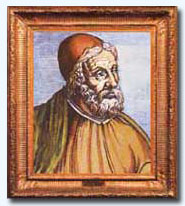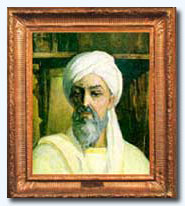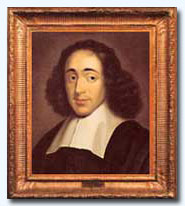About astrology
“Astrology consists of several systems of divination based on the premise that there is a relationship between astronomical phenomena and events in the human world. Astrology most often consists of a system of horoscopes purporting to explain aspects of a person’s personality and predict future events in their life based on the positions of the sun, moon, and other celestial objects at the time of their birth. The majority of professional astrologers rely on such systems.”(Wikipedia)
Astrological science exists for more than five thousand years and was practiced all over the world: in ancient Egypt, Babylon, India, China, Greece, Central America etc.
People all over the world have admitted to seeking advice from astrology. These include researchers, doctors, celebrities, poets, astronomers, physicists, and government advisors. Many great thinkers of the past studied astrology including: Ptolemy, Aristotle, Hippocrates, Seneca, Kepler, Galileo, and several Popes including John XX, John XXI, Julian II, and Leo X.
Why did so many great thinkers study astrology?
These people didn’t study astrology just for fun. Astrology was used to predict wars, the rise and fall of dynasties, world cataclysms and many other “smaller” events. What is the common view of astrology today? Most people know nothing more of astrology than what they read of their sun sign forecast on the “entertainment” page in newspapers and magazines. Some people have had their personal horoscope done by a computer program or have read generic versions in books. Fewer still have gone to a trained astrologer. Of course, that brings up the question of why one would want to go to an astrologer. It’s not necessarily clear how astrology might be useful – in addition, some people may be rather nervous about having their chart done.
Why are you afraid of knowing what your horoscope says?





